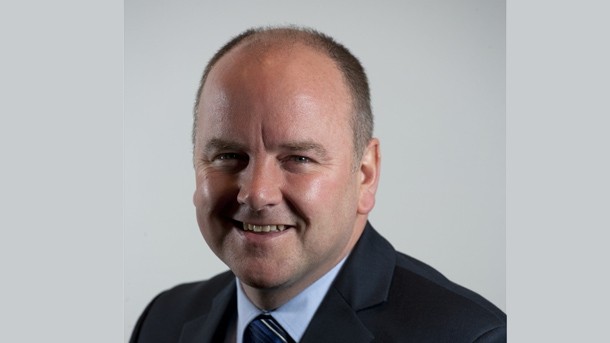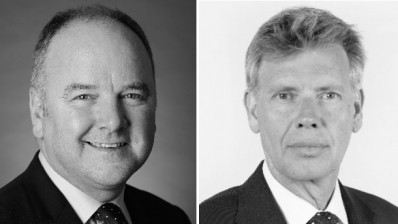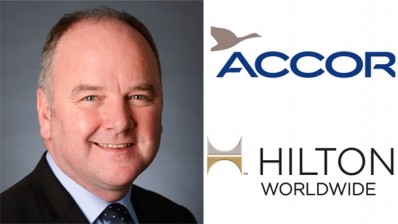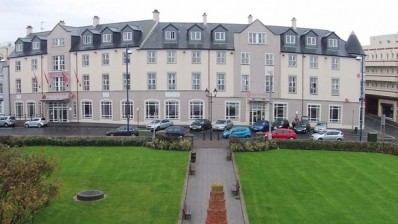Viewpoint
Robert Crook on Interstate and the modern complexity of running a hotel

How has demand for independent management services evolved in recent years?
If I go back 15 years, there were very few management companies nationally. The demand has been very strong over the last five to seven years through troubled times. This comes down to a number of reasons.
Professional management of hotels has become science, more than it was 10 or 15 years ago; it is very complex. You’re not just managing hotel bedrooms, but also a conference space, a restaurant, bedroom revenue but also ancillary profits.
You’re also managing multiple distribution channels, and over the last five years with the growth of OTAs, it has become far more complex. There used to be a time when you could build a hotel, put a brand on it and the brand would lead you to your customers. That’s not true anymore, the competition has increased, not only between brands but also between distribution channels and intermediaries that have all climbed between the hotel and the customers. Brands have lost shares and in some cases have lost their ownership of the customers.
How does hiring an independent management company help owners get bank financing?
Putting together a hotel is like putting together a cocktail: it’s all about the ingredients: the building, the right number and size of bedrooms, the right restaurant concept, the right function and meeting space, as well as the technical side of the building.
Then you need to decide whether to associate yourself with a brand. There can be a lot of comfort in having a top brand associated with it, but in certain markets it wouldn’t be beneficial, for example when the existing hotel has sufficient control of the market already.
Finally, you need to choose how to manage the asset. Some brands offer management services to hotels, and there are pros and cons to all scenarios, but typically longevity of contracts with brand management is for the lifetime of the brand association, up to 30 years. That gives owner very few break opportunities to extract management if it’s not performing.
With independent managers contracts are typically around five years and include performance review and quality clauses, which the banks like. From a bank’s perspective, it’s a good thing when managers are tied to some risk if they don’t perform, and in my experience when that risk is present, they perform.
What was the impact of the recession on your business?
The recession has meant that hotel business have become a great deal leaner and have had a lot of pressure on profits. But by responding to those difficult times, we have become a lot more enduring to volatility.
The decline in occupancy and average room rate we saw in 2008 put enormous pressure on profits, but showed that if you had strong management practices you could do well and gain market share from your peers.
Professional management during that phase became more and more important, as banks also started looking for management companies to help hotels and turn their business around in difficult times. For example, we picked up management of a group of 12 assets for a syndicate of banks during that time.
Do you expect that demand to decline now that the bad times are over?
I don’t. The reason why hotels are seeing growth in performance and profits again is that they have been run very tightly and controlled very well. I’m part of a generation of managers who have never worked in a market upturn. All I know is how to control costs, even though revenue and average room rate are back, we will stick to our management technique, which is what brought revenue and profit conversion in the first place.
Independent third party managers are very popular among investors and banks, because their profit conversion is stronger as they are at risk of being fired if they don’t perform. I predict nothing but a positive outlook for our industry.
Tell us more about Interstate’s history.
The company was formed in 1962, and we’re currently managing about 450 hotels worldwide. We are an independent third party management company, so we own very few assets worldwide (about five). The company has been growing steadily over 50 years.
From a global perspective, 300-plus hotels are in the US and the rest is balanced in the rest of the world.
In the UK we’re operating 38 hotels with about six more hotels due to be open by the end of the first quarter of next year. The majority of our European portfolio is in the UK.

































